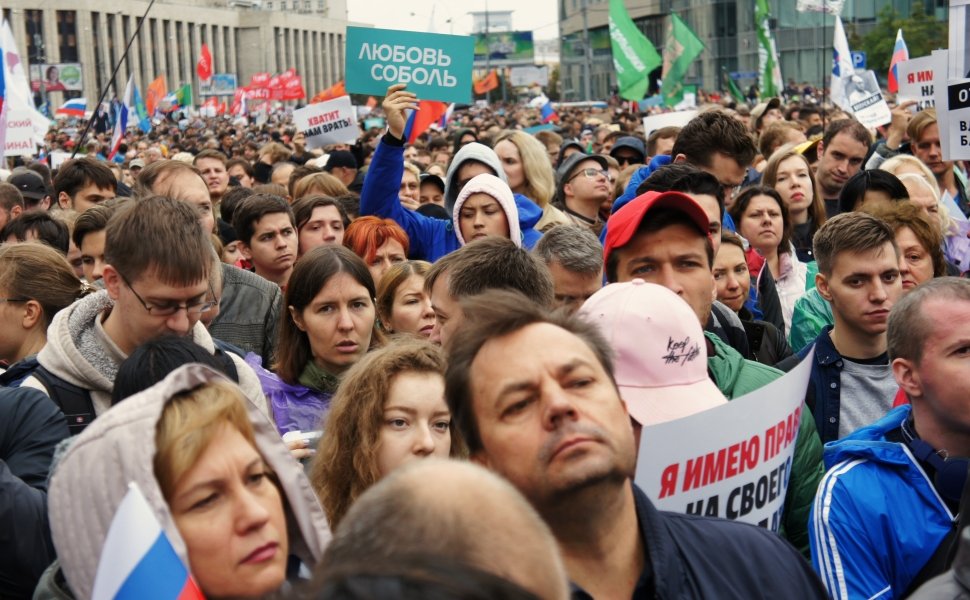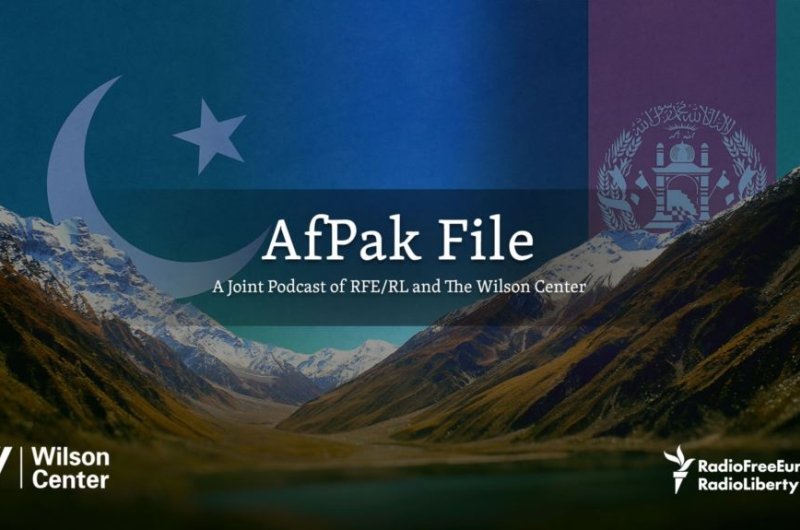Rule of Law Initiative
The pursuit of the “rule of law” continues to engage citizens and governments both on a national and international level. But while this term conveys different meanings depending on a country’s legal system and traditions, it covers a host of common concerns, such as good governance, property rights, human rights, public accountability, judicial independence, access to justice, transparency, global trade and the establishment of international legal norms.

Explore more related to this collection

Kennan Institute
After more than 50 years as a vital part of the Wilson Center legacy, the Kennan Institute has become an independent think tank. You can find the current website for the Kennan Institute at kennaninstitute.org. Please look for future announcements about partnership activities between the Wilson Center and the Kennan Institute at Wilson Center Press Room. The Wilson Center is proud of its historic connection to the Kennan Institute and looks forward to supporting its activities as an independent center of knowledge. The Kennan Institute is committed to improving American understanding of Russia, Ukraine, Central Asia, the South Caucasus, and the surrounding region through research and exchange. Read more




